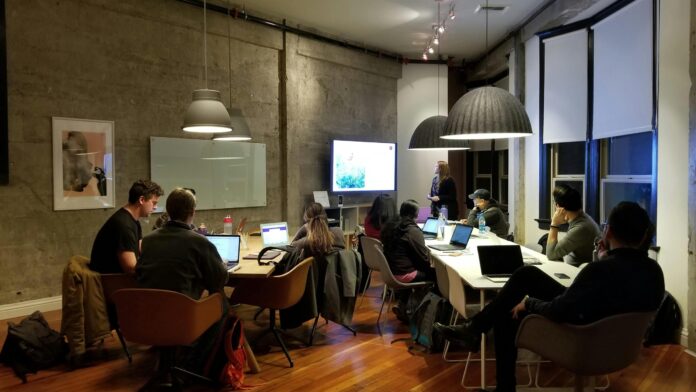The Silent Erosion of Sri Lanka’s Business Ecosystem
Frontpage Journal | Business Insights
In the grand theatre of capitalism, competition is meant to be the driving force that pushes businesses to innovate, improve quality, and keep prices fair. But what happens when the rules of the game start to shift, when the biggest players no longer just compete, but systematically build walls around the entire marketplace? In Sri Lanka, an increasingly visible trend is unfolding: large corporations adopting a form of vertical integration so deep that it swallows entire supply chains, leaving almost no oxygen for smaller players to survive.
This is not just a matter of big versus small. It is about whether the economic ecosystem that fuels entrepreneurship, job creation, and diversity of choice is being drained of its lifeblood. When a dominant company controls production, distribution, and retail all within its own hands, the free market starts to look less like an open ocean and more like a private pond.
The Mechanics of Market Control
Vertical integration is not inherently evil. In theory, it allows a company to streamline operations, reduce costs, and ensure quality control. A producer owning its supply chain can eliminate inefficiencies, avoid middlemen, and pass on cost savings to consumers. On paper, everyone wins.
The trouble begins when the same mechanism is used not just to improve efficiency, but to actively dominate an entire ecosystem. Imagine a retail chain that also manufactures its own goods, and then uses its retail space to push those products at prices other suppliers cannot match. The small manufacturer or independent service provider, who once had a foothold in that retail network, now finds their shelf space shrinking and their margins collapsing. Over time, many simply vanish.
The damage extends beyond retail. Take ready-made food, for instance. When a major retail operator also produces and sells takeaway meals at subsidized prices within its own outlets, independent cafés and restaurants in the area are left competing against an entity with deeper pockets, lower costs, and guaranteed foot traffic. It is not a level playing field, it is a corporate capture.
This is where capitalism begins to eat itself. The promise of open competition turns into a closed loop where the biggest players no longer compete on merit, but on control of the channels through which competition could even occur.
The Societal and Policy Cost of Consolidation
The first casualty of this model is diversity, both in products and in business ownership. A healthy market thrives on multiple suppliers, each bringing unique products, styles, and innovations. When one vertically integrated player dominates, choice narrows. Consumers may initially enjoy lower prices, but they pay in other ways: fewer unique options, less innovation, and a slow erosion of local entrepreneurship.
The second casualty is opportunity. Smaller businesses are not just economic units; they are training grounds for future entrepreneurs, innovators, and skilled workers. When these businesses disappear, so does a layer of the economy that generates both jobs and upward mobility. Over time, the economy becomes more dependent on a handful of giants, which creates systemic risk. If one falters, the ripple effects can cripple entire sectors.
The third casualty is fairness. In many countries, regulators keep an eye on such consolidation, using antitrust laws and competition policies to ensure that market power is not abused. In Sri Lanka, however, competition policy remains weak, fragmented, or inconsistently enforced. Without such safeguards, vertical integration morphs from a strategic choice into a blunt instrument for market dominance.
The road ahead is clear but not easy. Sri Lanka must embrace a 21st-century competition policy, one that acknowledges the efficiencies of vertical integration while curbing its excesses. This includes enforcing fair access to distribution channels, preventing predatory pricing practices, and protecting the viability of small and medium enterprises. Without such measures, we risk waking up in an economy where the concept of competition exists only in name, and where capitalism, unchecked, has consumed the very market it was meant to nourish.




